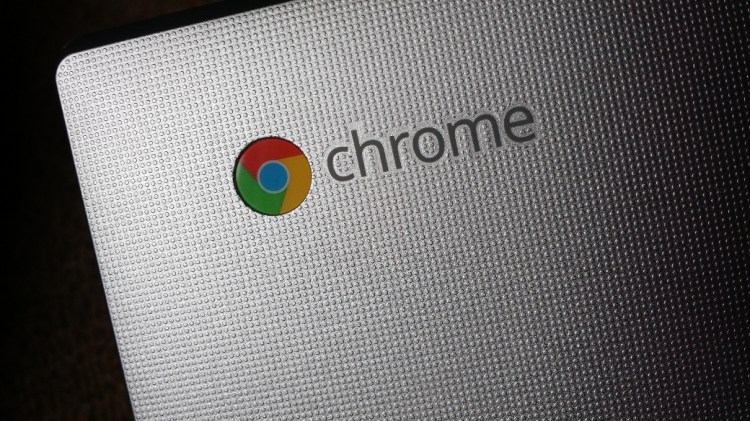Google today released a blog post clarifying the question last week, prompted by a major media report, about whether the company would merge its Android and Chrome OS operating system.
“While we’ve been working on ways to bring together the best of both operating systems, there’s no plan to phase out Chrome OS,” senior vice president of Android, Chrome OS, and Chromecast Hiroshi Lockheimer wrote in the post.
That language confirms Google’s plans to aggregate certain elements of the operating systems, but it definitively shows that Google isn’t about to give up on Chrome OS even though it might not be as popular as Android.
Lockheimer ran through several Chrome OS talking points, especially around Chromebooks, which have gained traction in classrooms. Next, Google wants to make Chromebooks pervasive in enterprises.
“Companies such as Netflix, Sanmina, Starbucks and of course Google, are using Chromebooks given the ease of deployment, the ability to easily integrate with existing technologies, and a security model that protects users at all levels, from hardware to user data,” Lockheimer wrote. “(Chromebooks are so secure you don’t need antivirus software!) IT administrators can manage tens of thousands of Chromebooks through a single web console, making them ideal for both classrooms and the workplace.”
And Google will continue development of both Chrome OS and Chromebooks.
On the software side, a new media player is coming, along with a design refresh in accord with Google’s Material Design principles.
“Finally, stay on the lookout for dozens of new Chromebooks in 2016,” Lockheimer wrote.
VentureBeat's mission is to be a digital town square for technical decision-makers to gain knowledge about transformative enterprise technology and transact. Learn More

